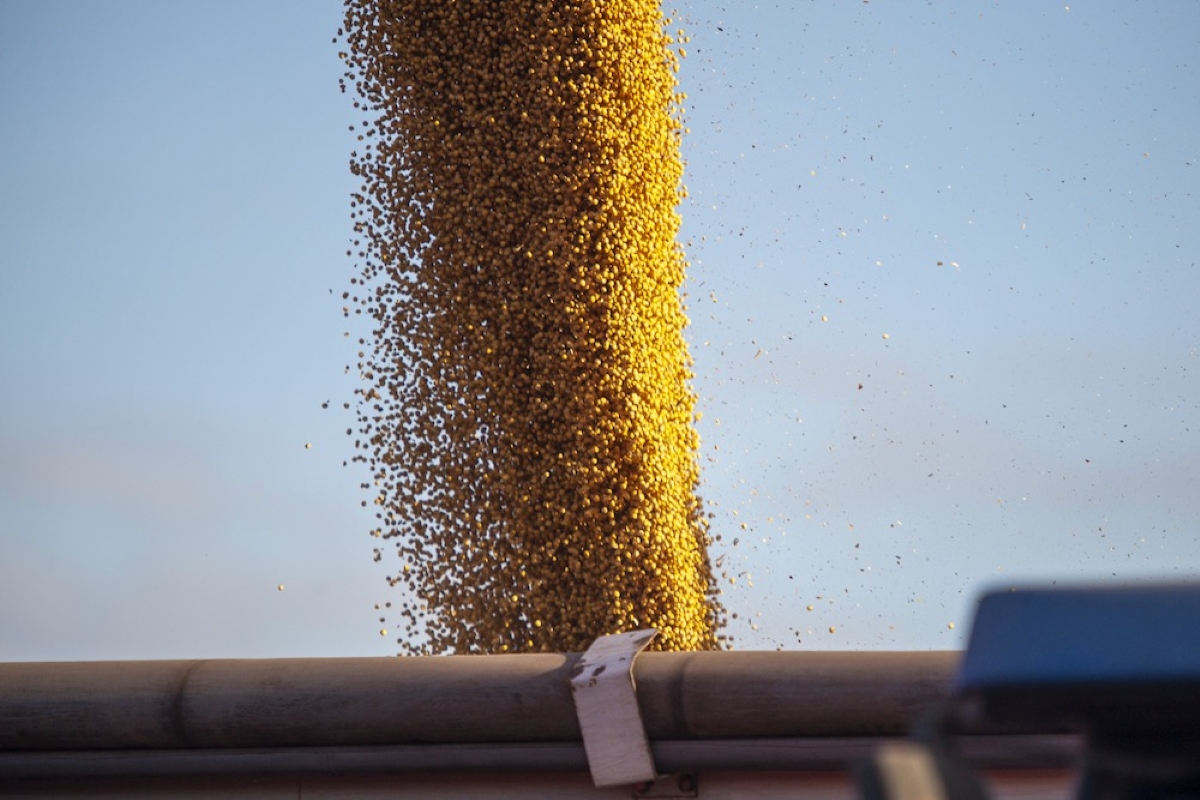New York | Reuters — Hurricane Ian is likely to have worsened what was already expected to be the smallest U.S. orange crop in 55 years after it blasted through a large fruit producing area when it passed through Florida this week, flooding farms and causing oranges to drop from trees.
Precise information on losses for citrus producers in top grower Florida will take days to be released, analysts said, as people in the area deal with power outages and flooding makes it difficult to check on farms. Orange juice futures jumped in the last three sessions.
Read Also

Brazil to reap record soy crop in 2025/2026, increase exports
Brazil’s Conab said the country will reap a record soybean crop of 177.6 million tons in the 2025/2026 harvest year, according to data released on Thursday.
Florida orange production was already expected to be poor, as planted areas have been falling yearly due to real estate expansion and the spread of the greening fungus disease.
According to the U.S. Department of Agriculture (USDA), U.S. orange production was estimated to fall 13 per cent to the lowest in over 55 years at 3.5 million tons before the storm.
“Some of the growers that are still investing in citrus production in Florida, battling the disease with new varieties, will be hard hit by this storm,” said soft commodities analyst Judy Ganes.
She said that the strong winds have likely “transported” the greening fungus from abandoned orange farms to renovated ones, wasting the work and investment.
Ian’s aftermath would be bad for the juice industry.
Although imports from Brazil and Mexico currently make up for most of the orange juice consumed in the U.S., Florida’s production was important to the industry since it is mostly the not from concentrate (NFC) variety, which has gained popularity among consumers compared to the older style, frozen concentrated orange juice (FCOJ).
Foreign suppliers prefer to export FCOJ since it takes less space in vessels and is easier to handle.
Ganes said that if there is a shortage of NFC juice in the market, or if prices for that skyrocket, the industry could further lose share for other beverages.
— Reporting for Reuters by Marcelo Teixeira.














